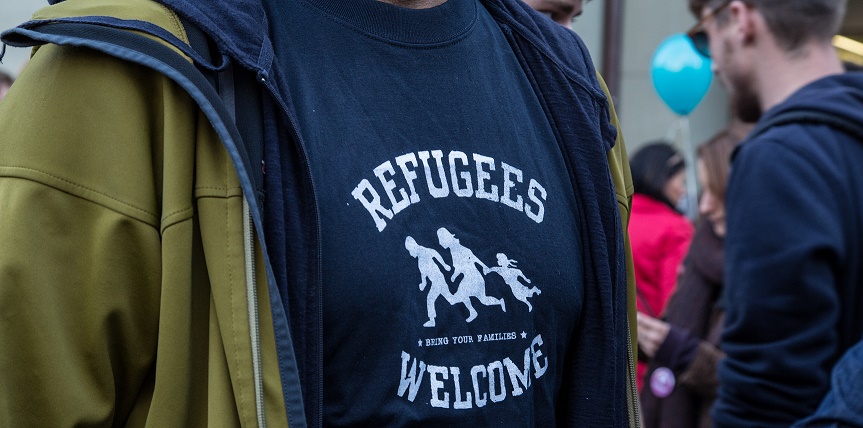The recent elections in the Netherlands and France have done little to support the idea that all European populations crave old-school nationalism or isolationism. In fact, they confirmed that playing on people’s fears and scapegoating foreigners is not a trump (or should that be “Trump”) card. France chose in Macron a candidate running as an internationalist, multiculturalist and liberal with a comfortable margin – 66.1 per cent of the voters.
However, as Europeans we are facing very real and very dangerous challenges. One is the fact that politicians at EU and national levels have allowed the fear and prejudice of a vocal minority to disproportionately influence politics – they have let extremist parties like Le Pen’s Front National or Wilder’s Freedom Party move the political centre of gravity and target refugees and migrants.
The second is the fact that we cannot deny that the extreme right strikes a chord with a segment of the European population and that their simplistic narrative of attacking “the other” and returning to a less complex reality offers answers – however illusionary – to real concerns such as unemployment and a sense of insecurity.
The third, and interlinked, challenge is that a handful of European governments, particularly Hungary and Poland, have embraced a very worrying nationalism and brought it into EU decision-making. Their stigmatization of refugees is accompanied by wider attacks on the rule of law, including repression of civil society.
The response to these challenges cannot be the steady deconstruction of universal human rights, starting with the rights of refugees, asylum seekers and migrants. We have to resist, standing up against the myths of the extreme right and the politicians promulgating them. Direct and decisive response is needed from the politicians we elect at EU and national level. We know the consequences of blaming “outsiders” for economic insecurity. It’s not only about counter-narratives, of countering the poison, we also need to promote our own positive narrative, that of an inclusive, rights-based Europe. And don’t call us naïve for doing so – it’s closer to reality than the fake visions of the ethnically pure Europe that never was.
Catherine Woollard, Secretary General for the European Council on Refugees and Exiles.

